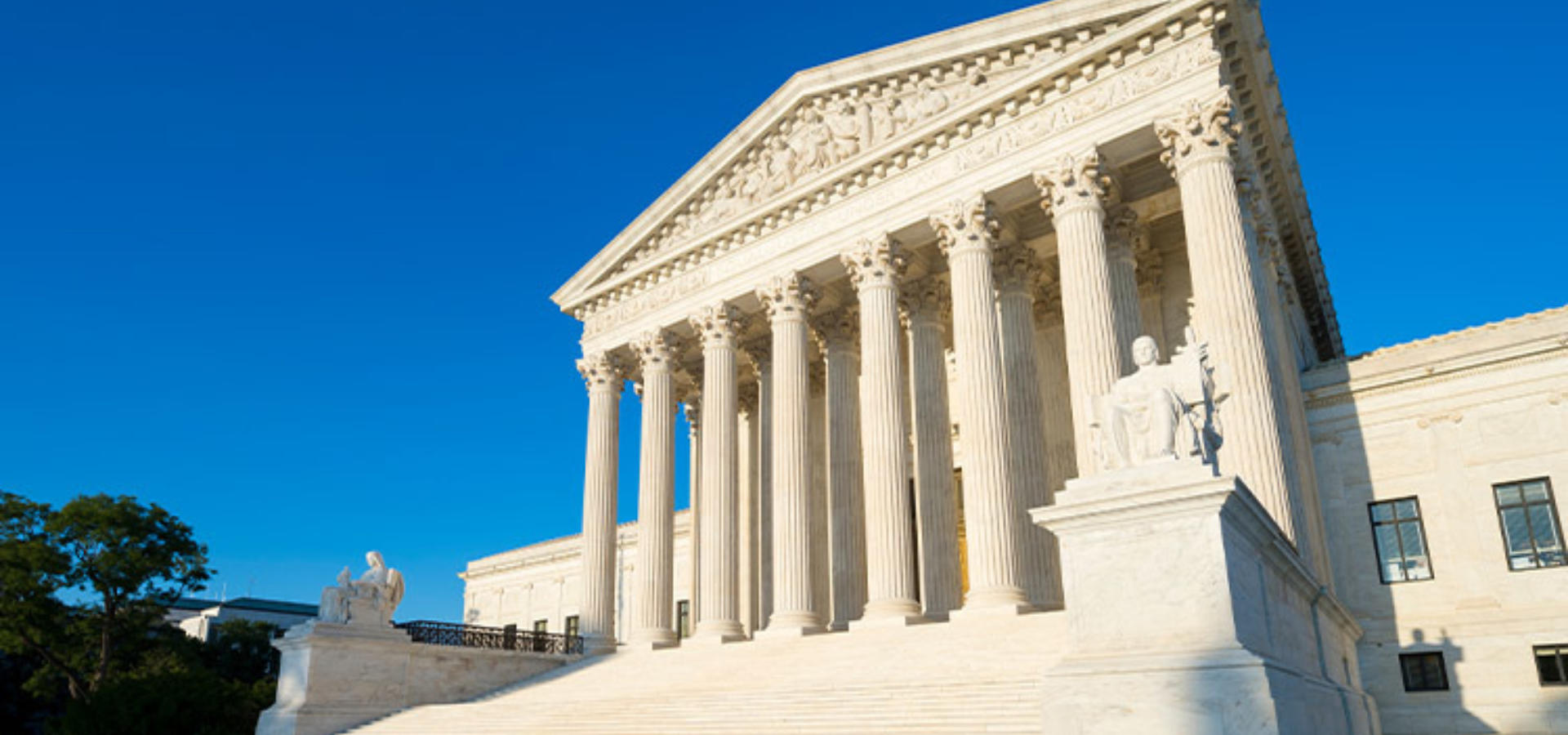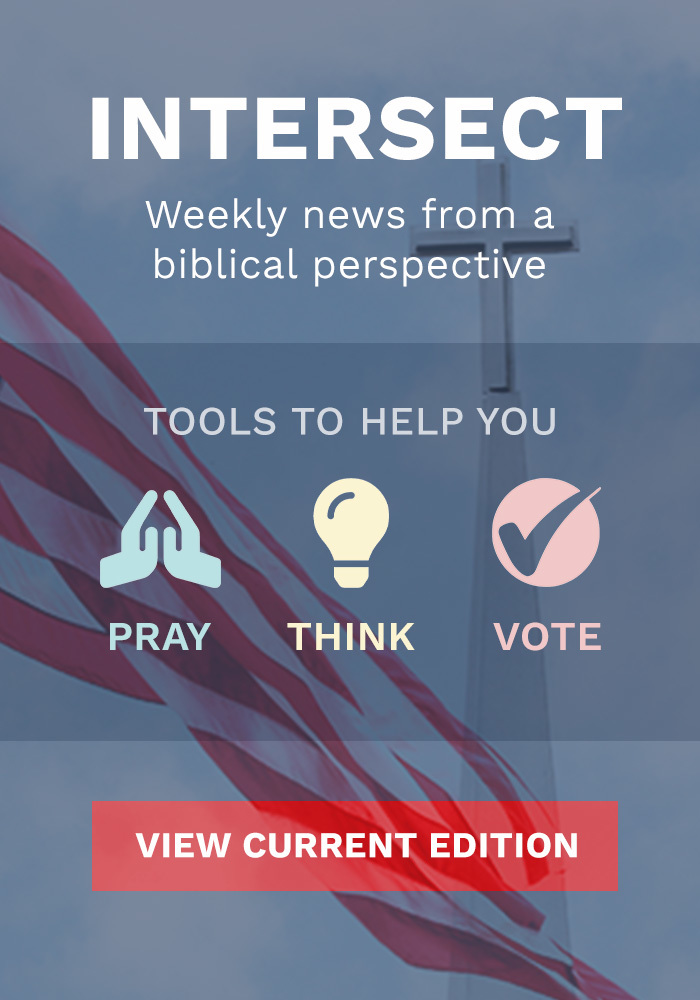
How the Bostock Case Could Impact Religious Freedom
THE CASE: Bostock v. Clayton County, Georgia | United States Supreme Court | Opinion is due on June 15, 2020
THE HOLDING: Title VII of the Civil Rights Act of 1964's prohibition on sex discrimination in employment includes prohibitions on sexual orientation and gender identity discrimination.
IMPLICATIONS FOR RELIGIOUS FREEDOM
Title VII typically applies to all employers, including religious employers such as churches, synagogues, and religious schools, who have 15 or more employees. After the Bostock opinion, we can expect increased litigation aimed at religious employers who hold faith-based standards related to sexual conduct or gender expression.
However, the Bostock majority opinion acknowledges that religious employers may be entitled to invoke three existing religious liberty protections:
1. The First Amendment's ministerial exception,
2. Title Vll's statutory exemption for religious employers, 1 and
3. The Religious Freedom Restoration Act (RFRA).
The inclusion of RFRA is noteworthy because it has not often been invoked in these kinds of cases. The Bostock opinion does not discuss the scope of these protections.
OTHER POTENTIAL IMPLICATIONS
The inclusion of sexual orientation and gender identity discrimination as a subset of sex discrimination could impact a wide variety of other federal discrimination laws with similar wording. Justice Alito's dissent details other implications including bathroom and locker room policies, women's sports, housing, healthcare, free speech, and other constitutional claims. Slip Op. at *45-54. We can expect an increase in litigation on each of these issues.
RELATED UPCOMING CASE
The Supreme Court will soon release an opinion in another case ( Our Lady of Guadalupe v. Morrissey-Berru) discussing the ministerial exception. In 2012, the Supreme Court unanimously recognized the right of religious organizations to choose their own ministers, leaders, and teachers of their faith. Consequently, the First Amendment bars courts from hearing claims concerning the employment relationship of these organizations with their ministers. The Supreme Court's opinion is expected to define who counts as a "minister." Along with Bostock, this case will have implications for religious organizations' ability to maintain internal standards on issues of sexual conduct and gender expression.
FOOTNOTE 1: The statutory religious employer exemption is sometimes overlooked and its scope disputed. It is widely agreed that the exemption forbids bringing claims of religious discrimination against religious employers. First Liberty takes the position that it also protects the right of religious employers to make employment decisions consistent with their religious beliefs, and thus can be invoked as a defense to other Title VII claims as well. See AG Memo on Religious Liberty, at • 12a (Oct. 6, 2017).
###
My Faith Votes— is a ministry that motivates, equips, and activates Christians in America to vote in every election, transforming our communities and influencing our nation with biblical truth. An estimated 25 million Christians who are registered to vote, fail to vote in presidential elections. My Faith Votes is on a mission to change this statistic by helping Christians act on their faith and vote in every election. When we pray unceasingly for our nation, think biblically about the issues, and vote consistently in every election the impact of Christians taking action from the local to the state and federal level will be unprecedented.
Website | www.myfaithvotes.org Twitter | @MyFaithVotes Facebook | My Faith Votes
